Holbein
Holbein
Book Excerpt
ght and helped the barbarian of every land to turn the desolate freedom of the wild ass into a smiling homestead and the savage Africa of his own heart into at least a better place. The marvel is that he could at the same time find room or energy to make his monastery also a laboratory, a library, and a studio. And yet he did.
To say that he abhorred Greek ideals is to say that the shepherd abhors the wolf. His life was one long fight with the insidious poison of the Greek. He did not,--at any rate in his best days--believe at all in Art for Art's sake; and had far too intimate an acquaintance with the "natural man" to do him even justice. What he wanted was to do away with him.
Yet with all its repellent features, it is to this unflinching exclusiveness of the monkish ideal that we owe one of the most exquisite blossoms on the stock of the thirteenth and fourteenth centuries,--their innocent and appealing art; an art as original and as worthy of reverence, within its own peculiar province, as t
Editor's choice
(view all)Popular books in Biography, Art
Readers reviews
3.0
LoginSign up
This is a biography of the famous German artist Hans Holbein the Younger (1497/98-1543) written by Beatrice Fortescue, first published in 1904. The printed edition had 46 illustrations, this ebook-edition has no illustrations. The printed edition has 139 pages, this ebook-edition has 2302 locations. This book is in the public domain and can be downloaded for free from several sites. There is a free e-book version with the illustrations available online (Gutenberg).
Hans Holbein is an interesting painter, not just because of his art but also because of his life and the people he knew. Unfortunately this book is poorly written, making this a book that I cannot recommend to anyone exept people who are very interested in Holbein. It is a struggle to read, some of the sentences seem to go on forever, there is no clear story line, the whole story and style of writing is rambling. To show you what I mean I will copy a few sentences at the bottom of this review. At the end of this book there are some footnotes, 'A catalogue of the pincipal existing works of Hans Holbein the Younger arranged, so for as can be known, in chronological sequence', a long list of references and an interactive Index.
Copied from location 196:
The springs of Helicon were the monk's also, as witness Tuotilo and
Bernard of Clairvaux; but it was by the waters of Jordan that his
miracles were wrought. As Johnson somewhere says of Watts, "every kind
of knowledge was by the piety of his mind converted into theology." And
for the rest,--by the labour of his hands, by his fasting from the
things of the flesh, by his lofty faith--however erring or forgotten or
betrayed, in individual cases,--by every impressive lesson of a hard
life lived unto others and a hard death died unto himself, century
after century it was the monk who taught and helped the barbarian of
every land to turn the desolate freedom of the wild ass into a smiling
homestead and the savage Africa of his own heart into at least a better
place.[...]
Hans Holbein is an interesting painter, not just because of his art but also because of his life and the people he knew. Unfortunately this book is poorly written, making this a book that I cannot recommend to anyone exept people who are very interested in Holbein. It is a struggle to read, some of the sentences seem to go on forever, there is no clear story line, the whole story and style of writing is rambling. To show you what I mean I will copy a few sentences at the bottom of this review. At the end of this book there are some footnotes, 'A catalogue of the pincipal existing works of Hans Holbein the Younger arranged, so for as can be known, in chronological sequence', a long list of references and an interactive Index.
Copied from location 196:
The springs of Helicon were the monk's also, as witness Tuotilo and
Bernard of Clairvaux; but it was by the waters of Jordan that his
miracles were wrought. As Johnson somewhere says of Watts, "every kind
of knowledge was by the piety of his mind converted into theology." And
for the rest,--by the labour of his hands, by his fasting from the
things of the flesh, by his lofty faith--however erring or forgotten or
betrayed, in individual cases,--by every impressive lesson of a hard
life lived unto others and a hard death died unto himself, century
after century it was the monk who taught and helped the barbarian of
every land to turn the desolate freedom of the wild ass into a smiling
homestead and the savage Africa of his own heart into at least a better
place.[...]
- Upvote (0)
- Downvote (0)
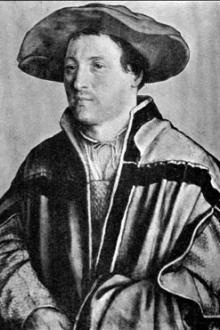
 Free Download
Free Download











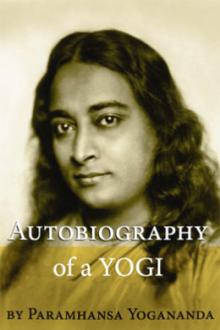
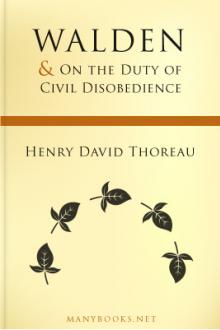
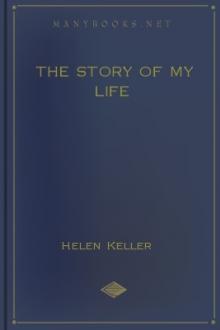
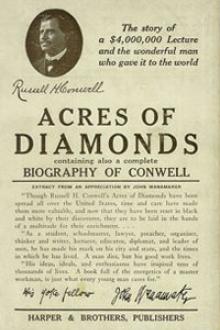
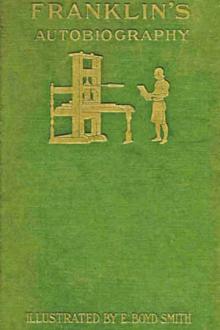
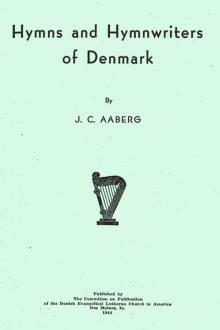
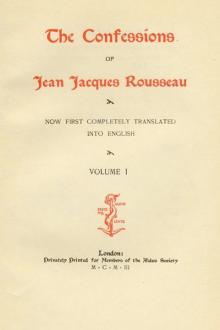

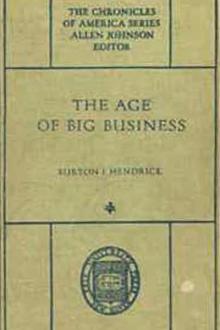
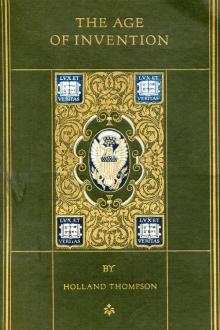
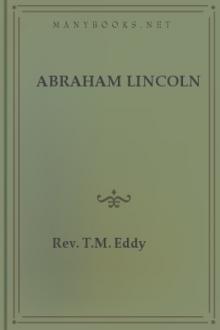
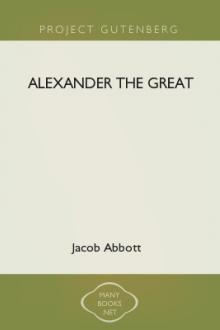
-itok=vcKIB5v1.jpg)
